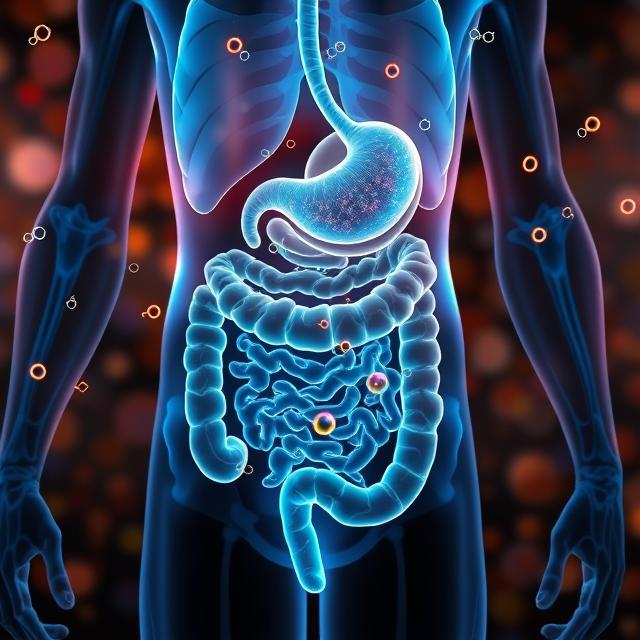Table of Contents
Amino Acid Misunderstandings: What You Need to Know
Amino acids are the building blocks of proteins, essential for countless bodily functions including muscle repair, enzyme production, and neurotransmitter synthesis. Despite their importance, there are many amino acid misunderstandings circulating that can lead to confusion about protein intake, supplementation, and overall nutrition.
This article clarifies common myths and misconceptions about amino acids, helping you optimize your diet and supplement use based on accurate science.
What Are Amino Acids?
Amino acids are organic compounds that combine to form proteins. There are 20 standard amino acids, nine of which are essential — meaning the body cannot produce them and they must be obtained through diet. The balance and availability of these essential amino acids play a critical role in health, especially for muscle growth, immune function, and metabolic regulation.
Common Amino Acid Misunderstandings
1. All Amino Acids Are Equal
Not all amino acids have the same role or availability. Essential amino acids must come from food, while non-essential ones can be synthesized by the body. Furthermore, some amino acids are “conditionally essential” under certain health conditions or life stages, such as illness or stress.
2. More Protein Means More Amino Acids
Consuming excessive protein doesn’t necessarily mean you get the right amino acid balance. The quality of protein matters — animal proteins and some plant sources (like quinoa and soy) offer complete amino acid profiles, while many plant proteins may lack one or more essential amino acids.
3. Supplementing with Single Amino Acids Is Always Beneficial
Isolating and supplementing single amino acids (like BCAAs or glutamine) is popular, but without balanced intake, this can disrupt amino acid ratios and cause imbalances, potentially impairing absorption or metabolic function.
4. Amino Acids Are Only for Bodybuilders
While athletes do require optimized amino acid intake, these nutrients are crucial for everyone. They support immune health, hormone production, and repair of all body tissues, making them vital across all ages and activity levels.
5. Cooking Destroys Amino Acids
Though some heat-sensitive vitamins degrade during cooking, amino acids themselves remain stable under normal cooking processes. Cooking can actually improve protein digestibility by breaking down complex structures.
Why Understanding Amino Acids Matters
Grasping how amino acids work helps you:
- Choose complete protein sources.
- Avoid unnecessary or excessive supplementation.
- Support recovery and immune function.
- Maintain metabolic balance.
Optimizing Amino Acid Intake
- Eat a Variety of Proteins: Combine plant sources to ensure all essential amino acids.
- Focus on Quality: Include complete proteins such as eggs, dairy, fish, and legumes.
- Balance Your Diet: Avoid over-reliance on isolated amino acid supplements unless medically indicated.
- Consult Professionals: If considering supplementation, get personalized advice based on your health and goals.
Conclusion
Misunderstandings about amino acids are common but easy to clear up with science-based knowledge. By focusing on balanced, quality protein intake and careful use of supplements, you can ensure your body receives the amino acids it needs to function optimally.
References
- National Institutes of Health Office of Dietary Supplements: Protein and Amino Acids
- Harvard T.H. Chan School of Public Health: Protein: Quality and Sources
- Journal of Nutrition: “Amino Acid Metabolism in Health and Disease,” 2020




